EOS Implementers are often referred to as “business consultants.” However, I prefer the term business coach. I know they are similar so let me give you my take on the difference.
What is a consultant?
By definition, a consultant is someone who gives expert advice. Let’s break down the two words (expert and advice) that are meaningful in that definition. Merriam Webster defines expert as “having, involving, or displaying special skill or knowledge derived from training or experience.” Advice is giving someone a recommendation regarding a decision. So, a consultant is someone that gives someone a recommendation on a decision based on skills or knowledge derived from training or experience. On the surface, that sounds like what an EOS Implementer does, but I will dispel that below.
What is a coach?
By definition, a coach is someone who instructs or trains others. In the sports world, a coach instructs and trains players and directs strategy. So, a business coach would be someone who instructs or trains others and directs strategies of the business.
What’s the difference?
A business consultant is someone who gives you a recommendation regarding decisions in your business. A business coach is someone who directs you and your team to your own decisions. A consultant makes a recommendation to your team while a coach directs the team to make its own decision. The team has the answer, and it is the coach’s job to direct conversations to find that answer.
EOS Implementers do not tell you what decision to make in your business. They coach, or direct, your team to find the answer. Coaches get more out of you than you could get out of yourself. I know it is a nuanced, but it is an important distinction. When I ran my own business, I didn’t like it when others told me what to do (consultant mentality). However, I found it invaluable when people shared their experience and help my team make our own decisions (coach mentality). Think about the challenges in your business and then decide if you prefer a consultant or a coach.

